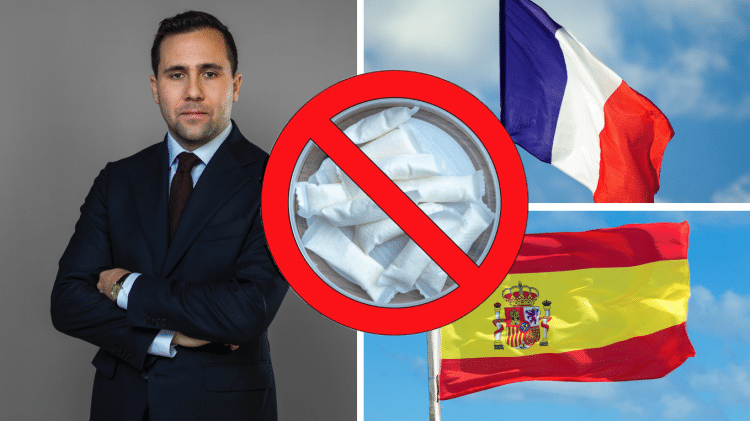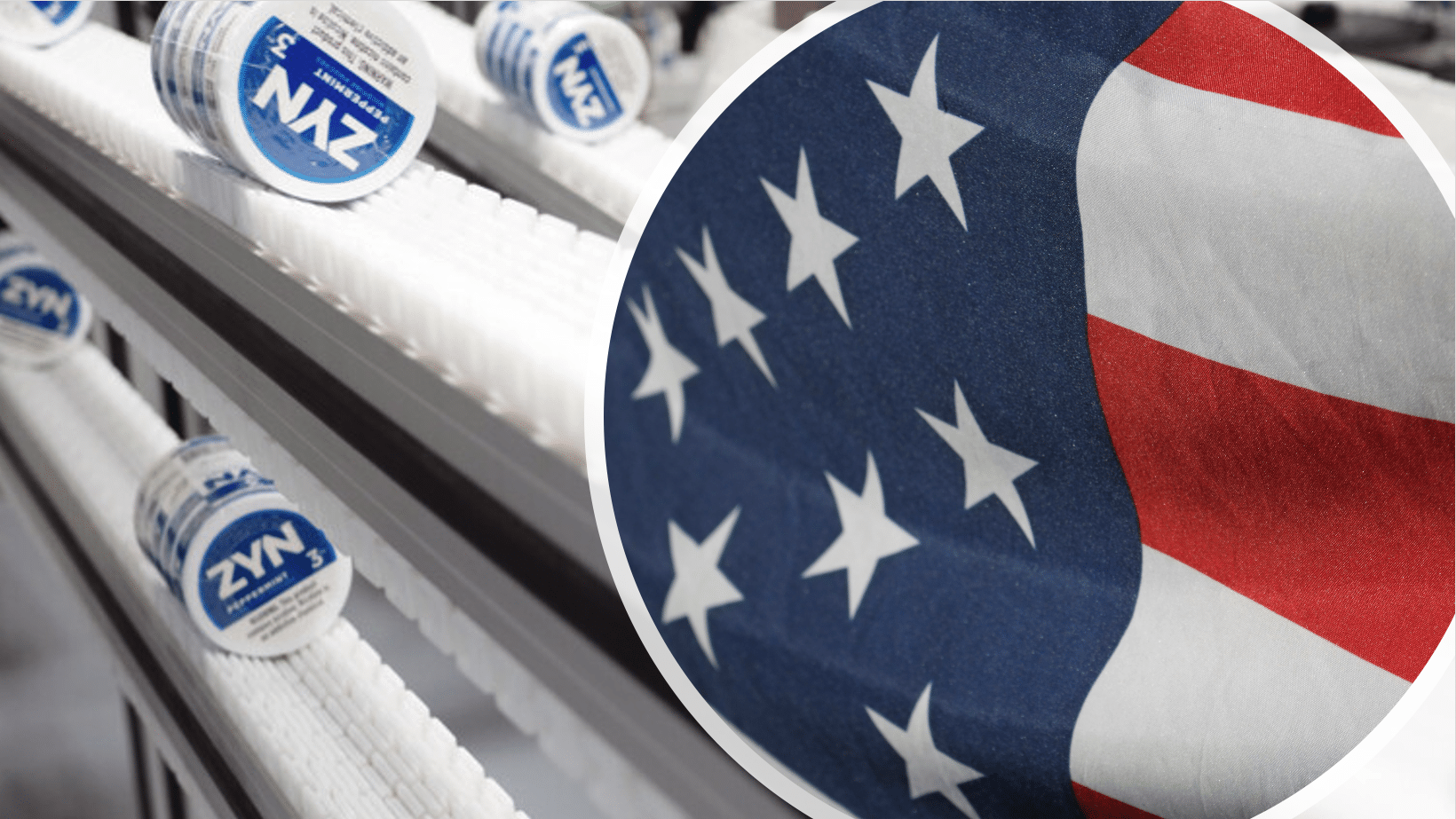
Sweden launches new warnings to France, Spain over ‘absurd’ pouch bans
In a last-ditch effort to protect nicotine pouch access in Europe, Sweden has fired off formal letters to both France and Spain, urging the countries to backtrack on nicotine pouch bans that risk turning Swedish tourists into criminals.
The letters, penned by Swedish trade minister Benjamin Dousa, mark the clearest sign yet that Sweden is ready to go to the mat for what it sees as a vital tool in the fight against smoking – and a cornerstone of Sweden’s public health success.
“We are very worried,” Dousa told the Expressen newspaper in a sharp rebuke of France’s impending ban.
“It’s as absurd as if we banned French baguettes — their trade minister would be on the first flight to Stockholm.”
Sweden’s smoke-free success under threat
France’s planned law – set to take effect on April 1st, 2026 – would not only ban the sale of nicotine pouches, but criminalise their possession entirely, even by tourists. Spain’s draft law, while not quite as extreme, would impose such a low nicotine limit (0.99 mg) that it would effectively remove most products from the market.
Both measures come as the European Union begins to rethink its tobacco and nicotine framework. Sweden, the only EU country close to meeting the WHO’s definition of smoke-free, sees these crackdowns not just as bad policy, but as an affront to common sense and scientific evidence.
The letters: a diplomatic warning shot
In separate letters dated 24 September 2025, Sweden lays out its case bluntly. To Spain, the letter warns that the proposed rules “may hinder all exports of the product to Spain and have a deterrent effect on the companies concerned.”
While Sweden acknowledges Spain’s public health concerns, it stresses that the ban goes “further than necessary” and violates the principle of free movement within the EU.
To France, the tone is sharper still.
“We are concerned that the legislation… prohibits all production, manufacture, import, export and even possession,” the letter reads.
Sweden asks for urgent clarification on how France will allow nicotine pouches from other EU countries to “transit through French territory without restriction.”
Despite the stern language, both letters reiterate Sweden’s desire to find “less restrictive” solutions and emphasise the value of bilateral cooperation.
Dousa: ‘You should be able to carry a can in your pocket’
In fiery interviews in the Swedish press, Dousa didn’t hold back in expressing his frustration with moves by France and Spain to restrict nicotine pouches.
“If you’re a tourist in France, it should be obvious that you can bring your snus can without risking punishment,” he told Expressen.
“The French law criminalises simply having a pouch in your pocket, but we haven’t been given any clarity on what penalties apply or how this will affect Swedish citizens.”
Dousa added that the bans would hurt Swedish companies and threaten exports. Sweden is open to regulation, he added, but felt the French approach “goes too far”.
Speaking with Svenska Magasinet, a Swedish-language publication based in Spain, Dousa called the measures “an attack on the Swedish way of life”.
“Many have managed to quit smoking thanks to snus, which means Sweden has lower rates of lung cancer than other countries,” he told the publication.
According to EU statistics, Sweden has the lowest standardised lung cancer death rate among all EU countries.
Pouch bans lack scientific justification
Experts agree that both France and Spain have failed to present scientifically grounded justifications for their bans.
France has been criticised for using outdated data and ignoring modern evidence about the relative safety of nicotine pouches. Spain’s defence, meanwhile, has been labelled “ideological posturing” by Swedish snus industry leaders.
“The real issue here is a kind of nicotine panic — not science,” Patrik Strömer, Secretary General of the Association of Swedish Snus Manufacturers, previously told Snusforumet in reaction to Spain’s defence of its proposed restrictions.
“If Spain truly wanted to protect its citizens, it would copy Sweden’s evidence-based regulation – not ban the very products helping people quit smoking.”
What happens next?
The letters from Sweden are part of the EU’s formal TRIS process, which allows member states to raise objections to laws that may impact the internal market.
Sweden could eventually choose to escalate the dispute to the European Commission or even the European Court of Justice. As the EU debates new regulations under the revised Tobacco Products Directive (TPD III), Sweden’s actions may shape how the bloc treats nicotine pouches for years to come.




